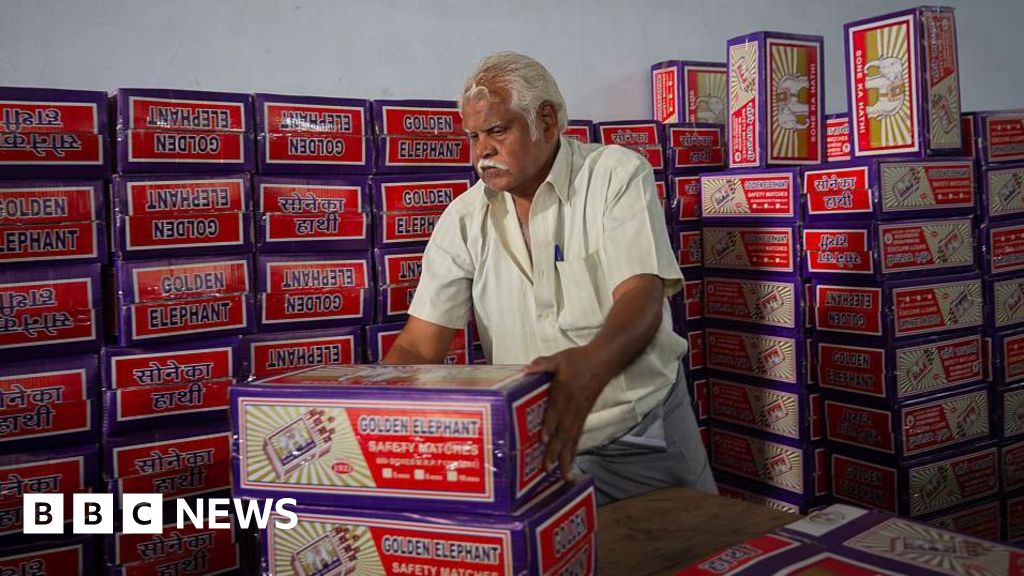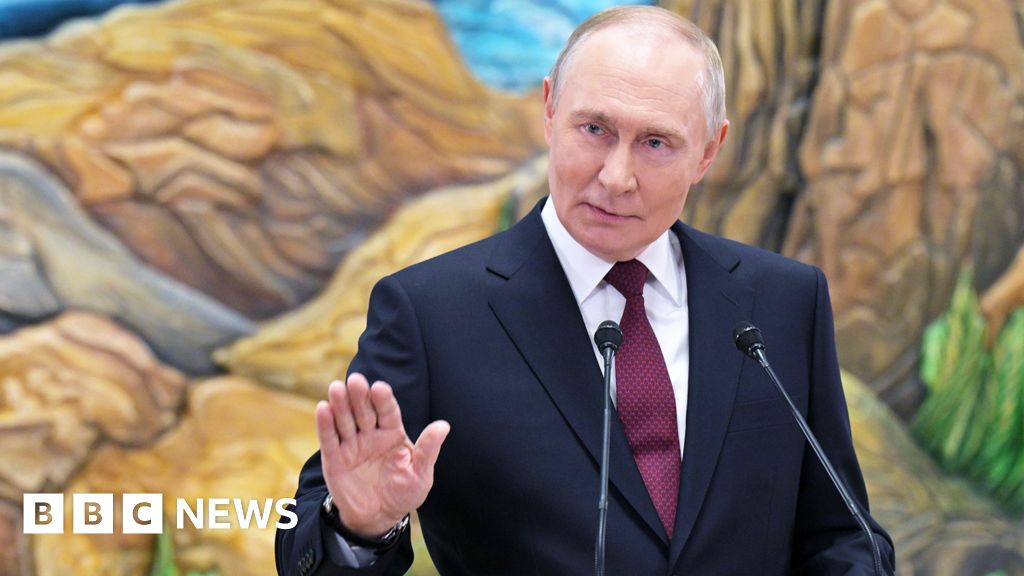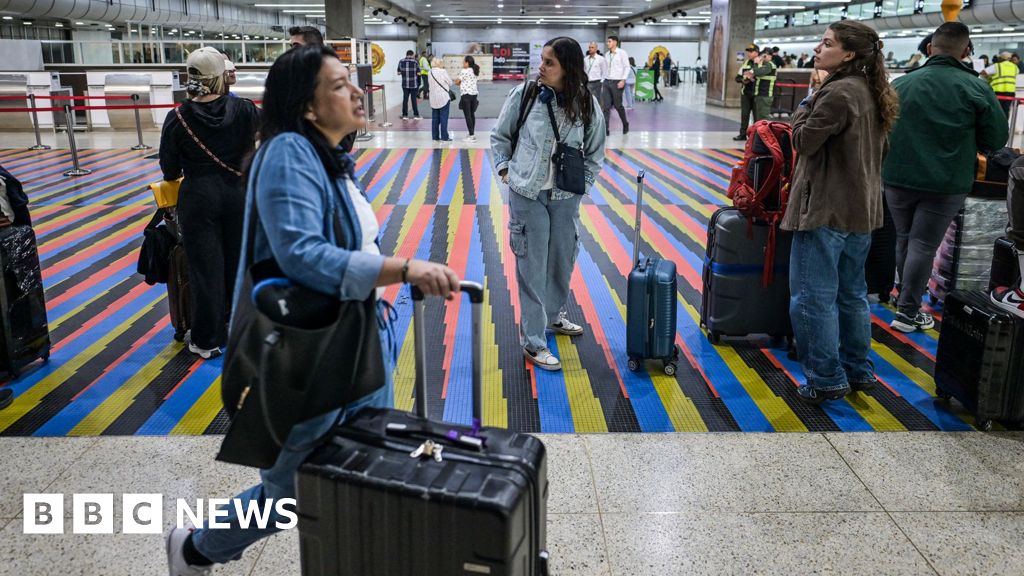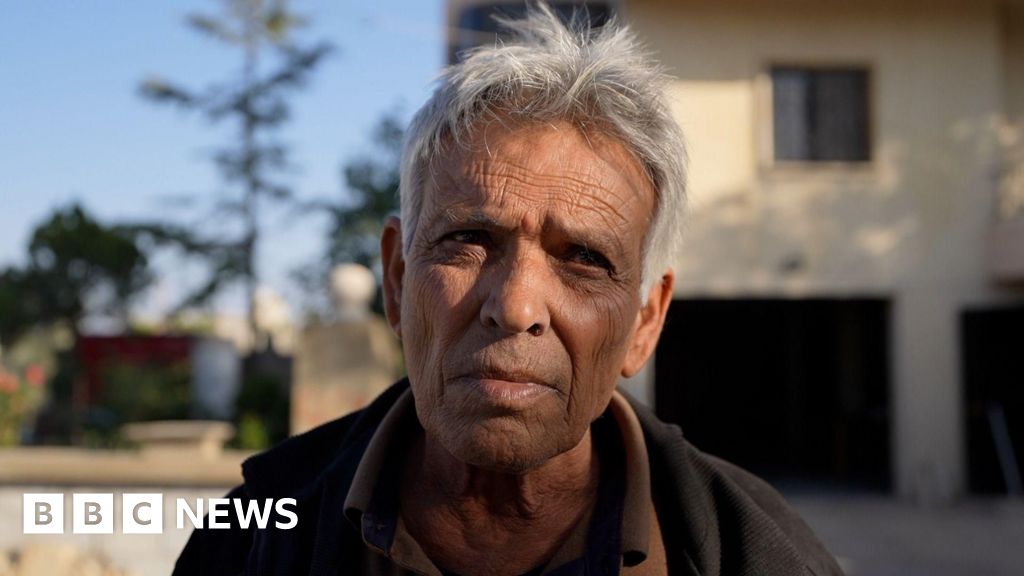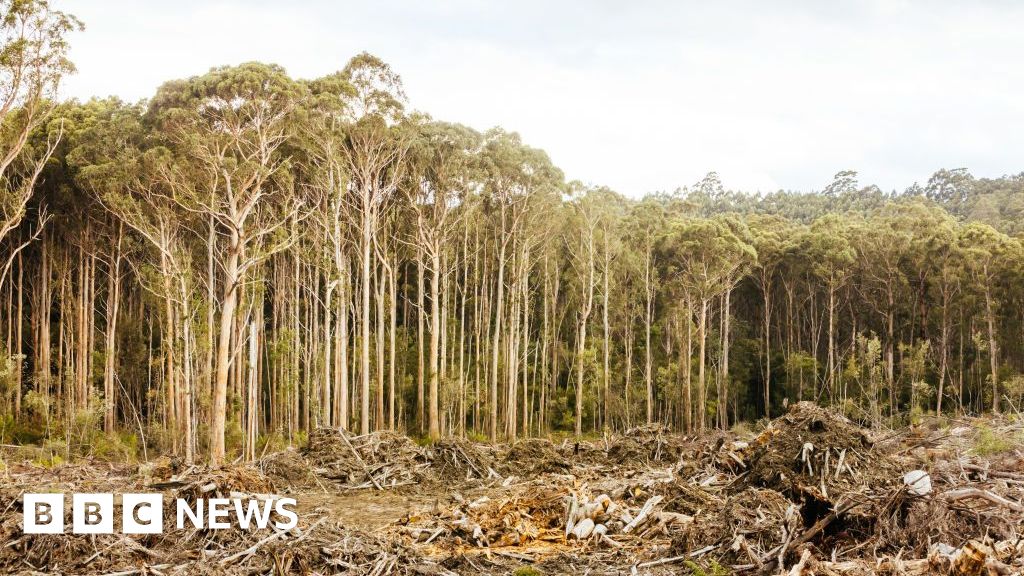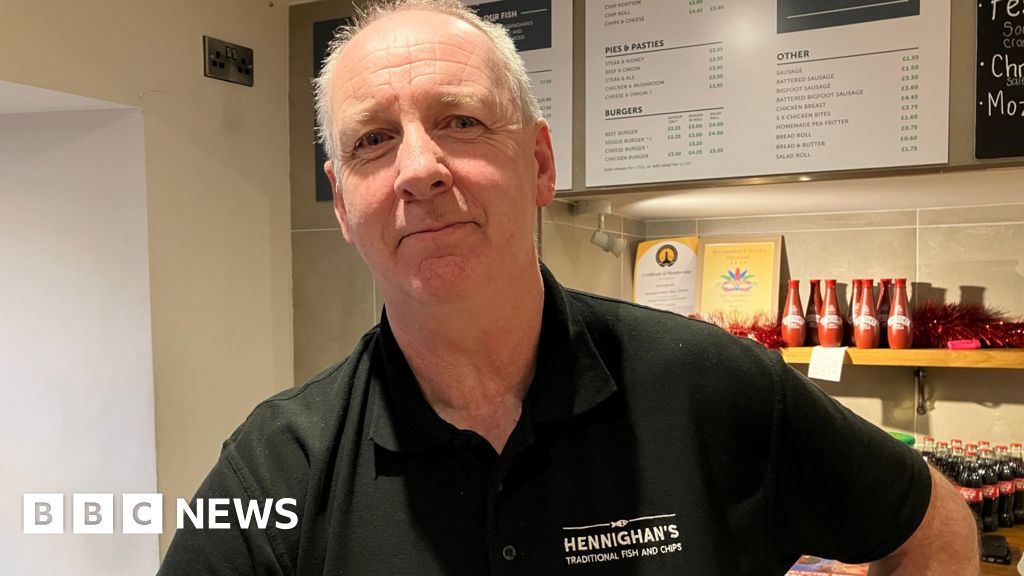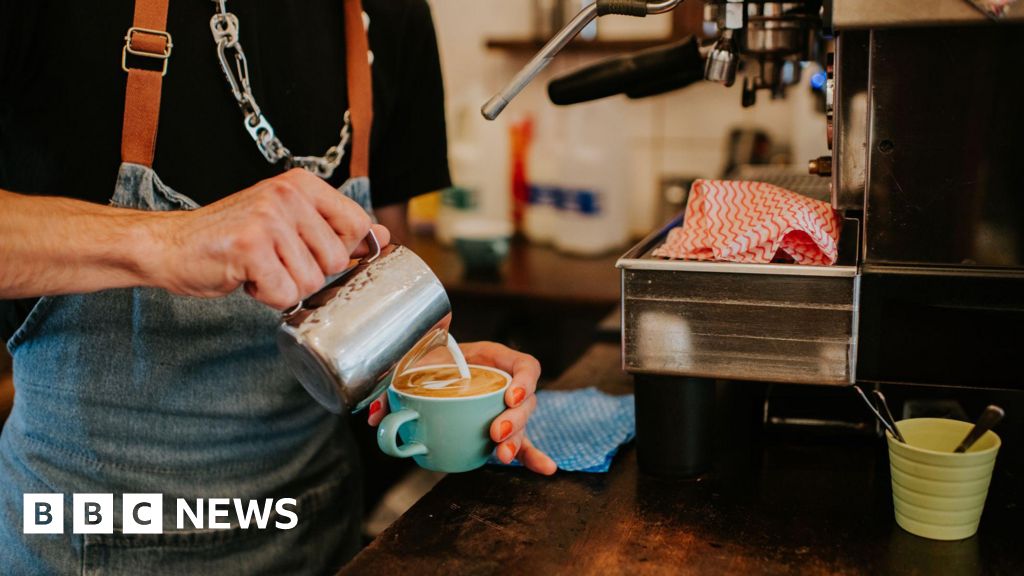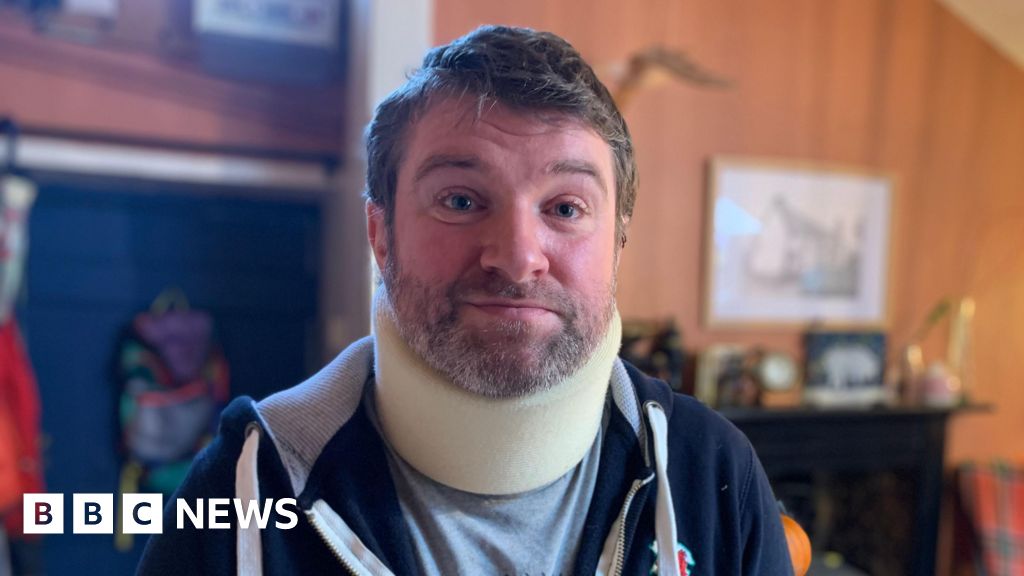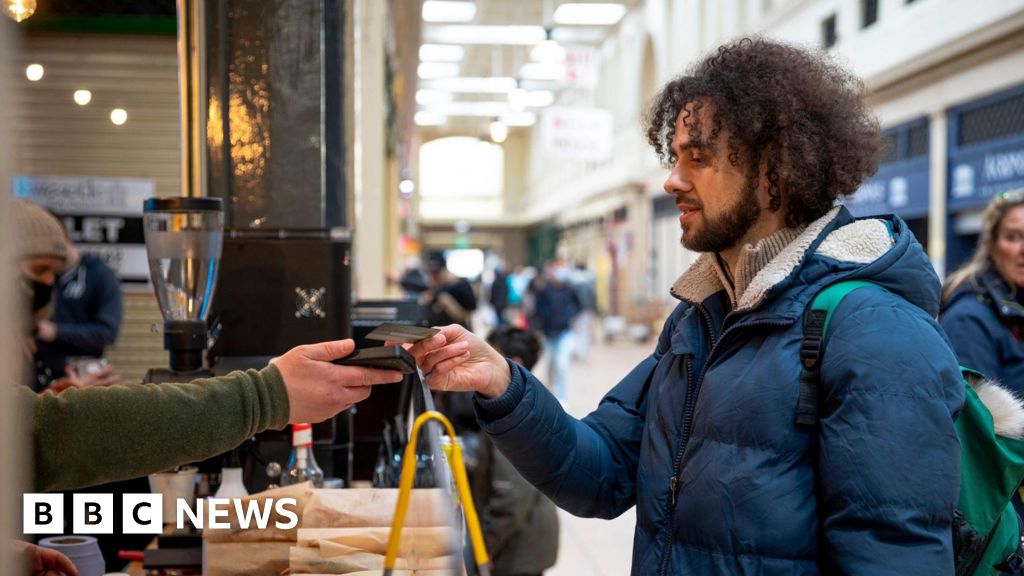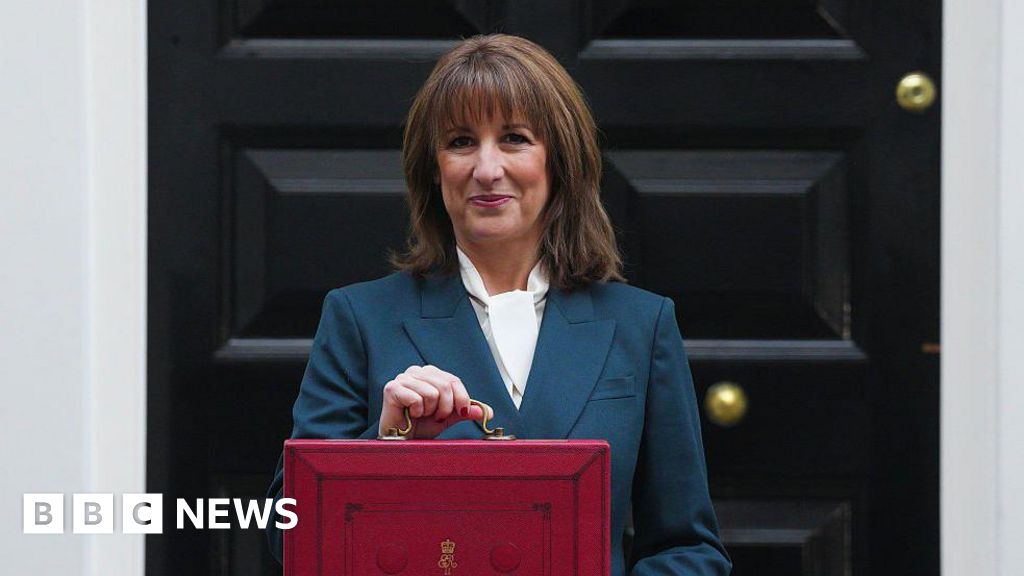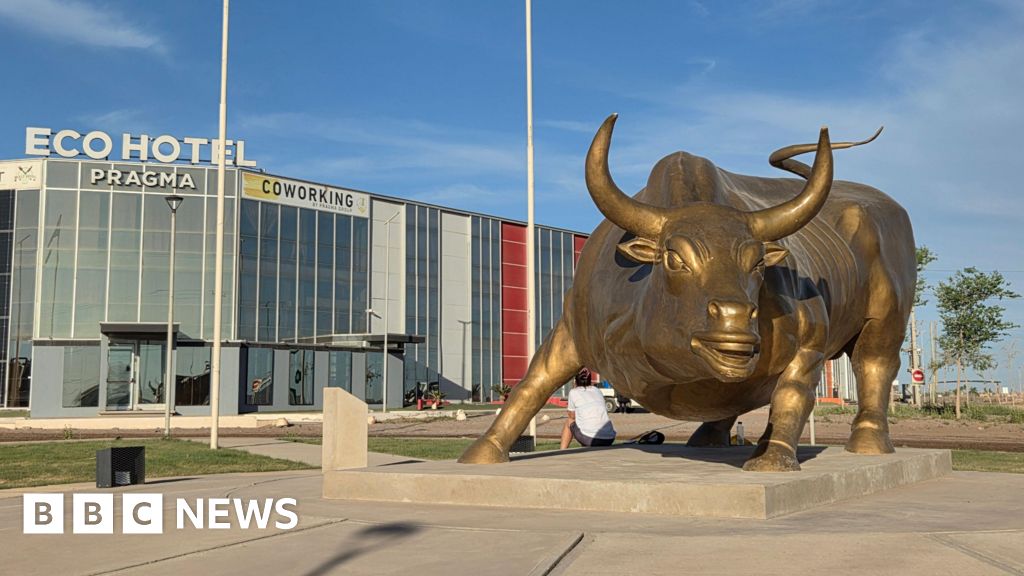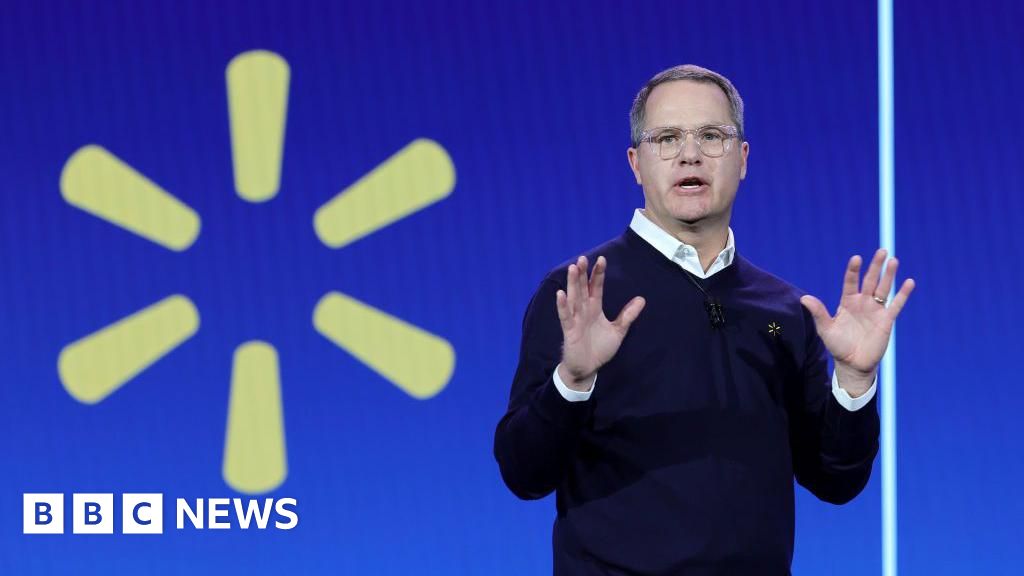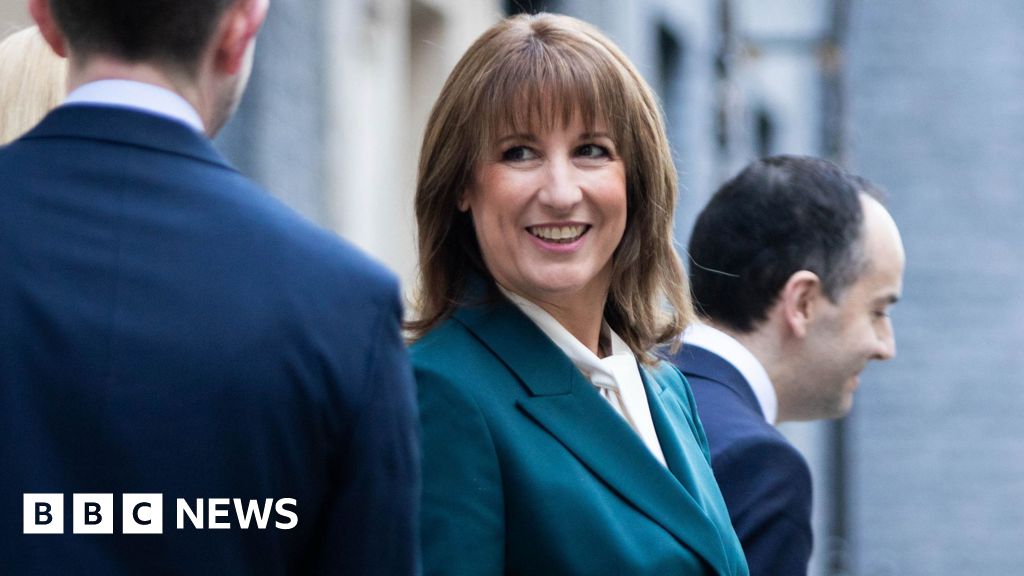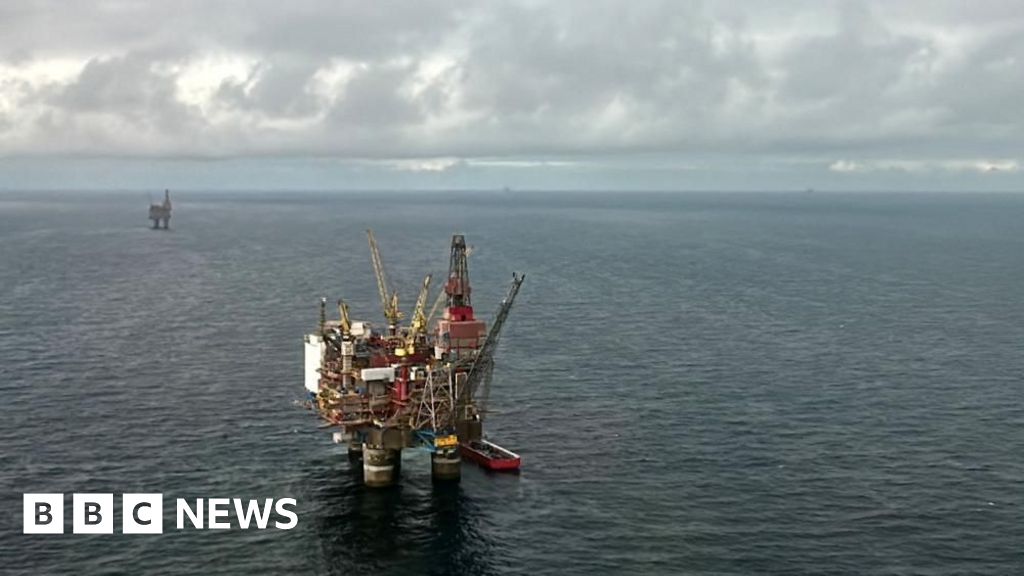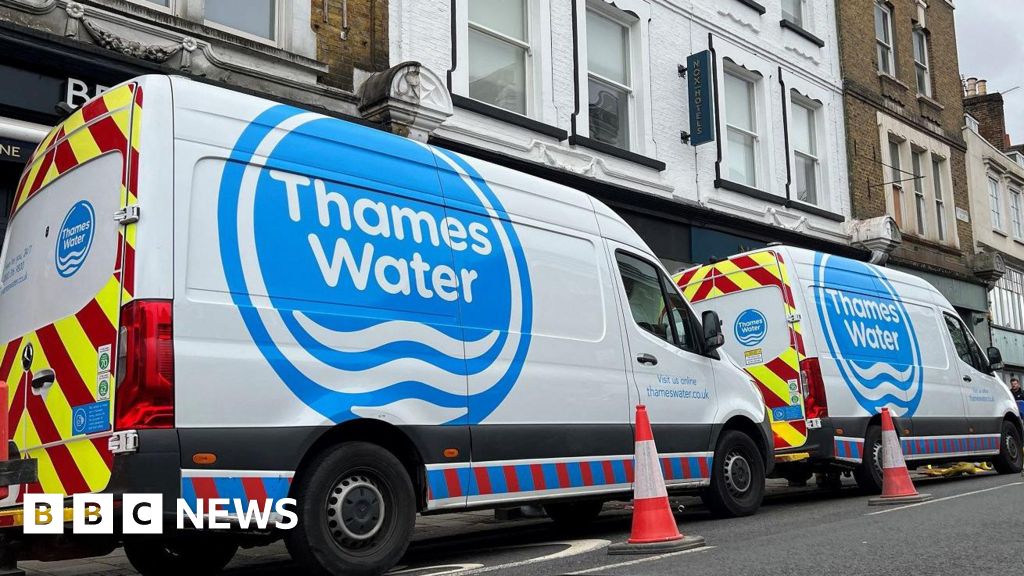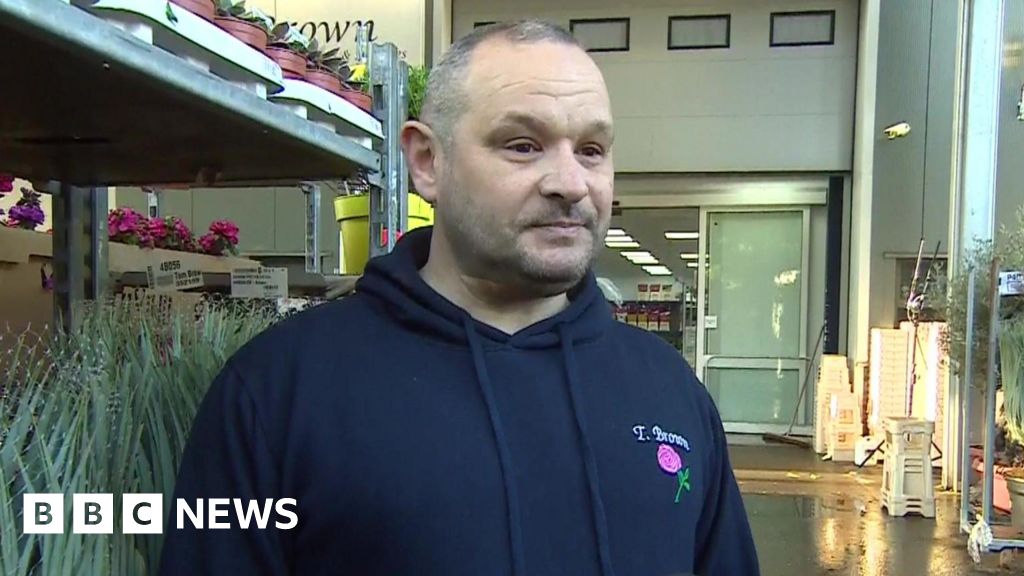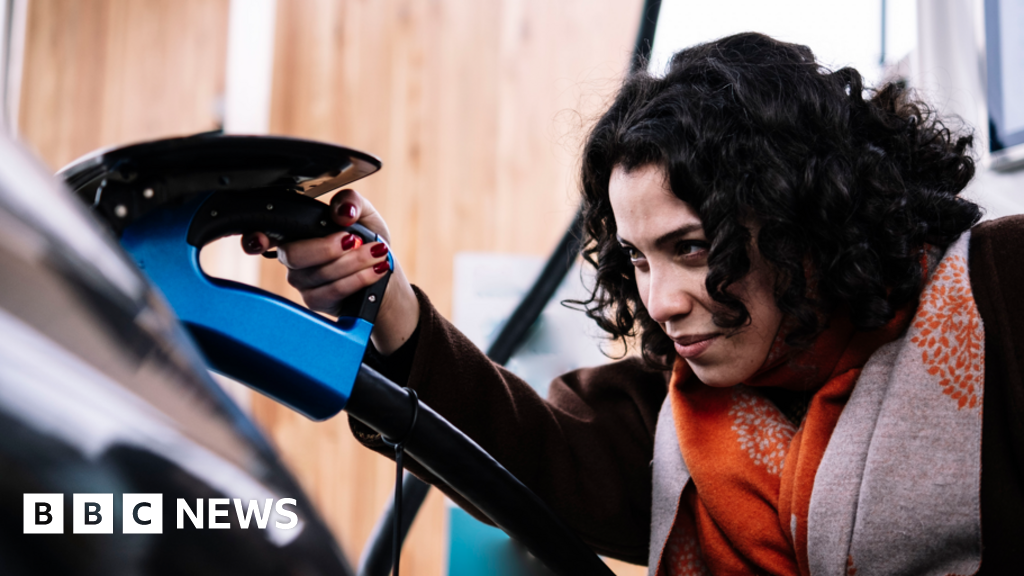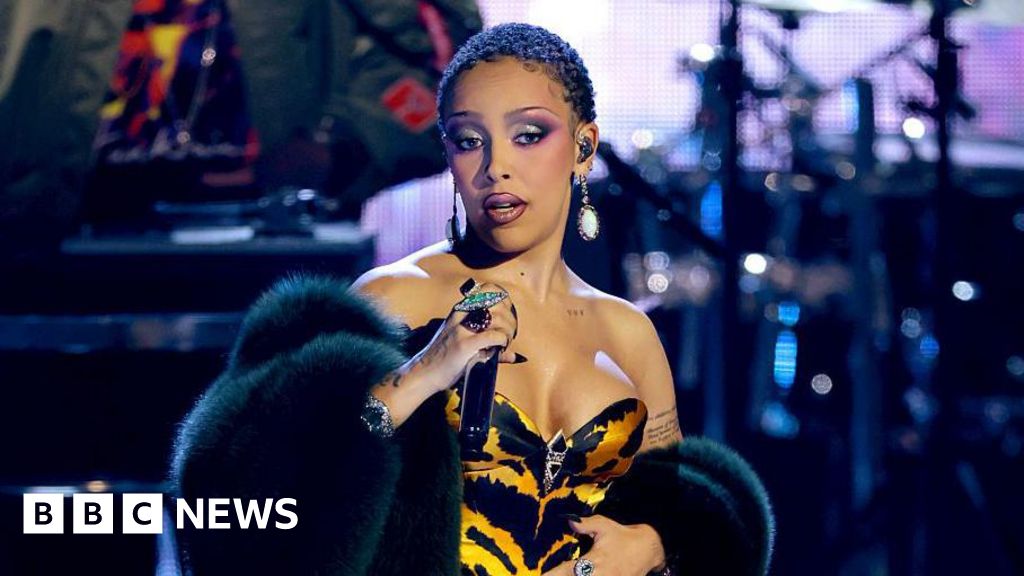Mr Davidson told BBC Breakfast his “bigger worry” was how the physical checks would work in practice.
“These products are already checked in Holland. From an industry point of view the communication has really been lacking.
“At the moment Defra (the government department) is saying they are going to use [a] light-touch approach to checking. What does that actually mean? We just want some real clarity on it.”
While the checks are coming into force on Tuesday, it is understood the number of them will be very low to start with as traders become accustomed to the new rules.
The government has acknowledged that the extra red tape and checks will increase food prices, but not as much as seen in recent times. It has forecast the controls could push up inflation by 0.2 percentage points over three years.
But Lucy Neville-Rolfe, minister at the Cabinet Office, said the new checks were essential to improve the UK’s biosecurity.
“We cannot continue with temporary measures which leave the UK open to threats from diseases and could do considerable damage to our livelihoods, our economy and our farming industry,” she said.
Tom Bradshaw, president of the National Farmers Union, said the group welcomed the checks “as a way of safeguarding the nation’s food safety”.
“British farmers and growers need controls on all imports, not just those from the EU, to be effective, biosecure and efficient. That looks different for the individual sectors in agriculture, dependent on business need,” he said.
Britain imports 22% of its beef, 21% of its sheep meat and 49% of its pork, and relies on the EU for the bulk of those imports, due to consumer demand outstripping supply, according to the British Meat Processors Association.
The industry body said with “so little clear explanation” of how the new import checks will be rolled out, it had been “very difficult to gauge the impact on meat supplies, even after four years of preparation”.
It said it suspected that larger importers would not be adversely affected, but warned that smaller importers would be.
Jamie Collins, of family-run food retailer Hamish Johnston in London, told the BBC his business would probably have to put prices up a bit to maintain its profit margins.
“We import quite a lot of cheese every week from France. Every import we bring over on a weekly basis is looking to get an extra £220 added on to the cost,” he said.
Food price increases have been a major driver of the overall cost of living increasing in the UK in recent years, with food price inflation – the rate at which goods are getting more expensive – at 4% in the year to March.
The pace of food price rises has eased in recent months, but the cost of staples such as cheese, bread and milk are much higher than they were in 2020.
Martin McTague, chair of the Federation of Small Businesses, said its members were “still unsure” about the trade checks.
“They have already been delayed five times so there’s really no excuse not to have communicated what’s going on to small firms,” he said.
He said the “ripple effect” of increased costs would lead to businesses having to raise prices, reduce their offering or “shut up shop entirely”.
Additional reporting by Dharshini David, chief economics correspondent; Raphael Sheridan, economics producer, BBC News and Star McFarlane, reporter, BBC News.




